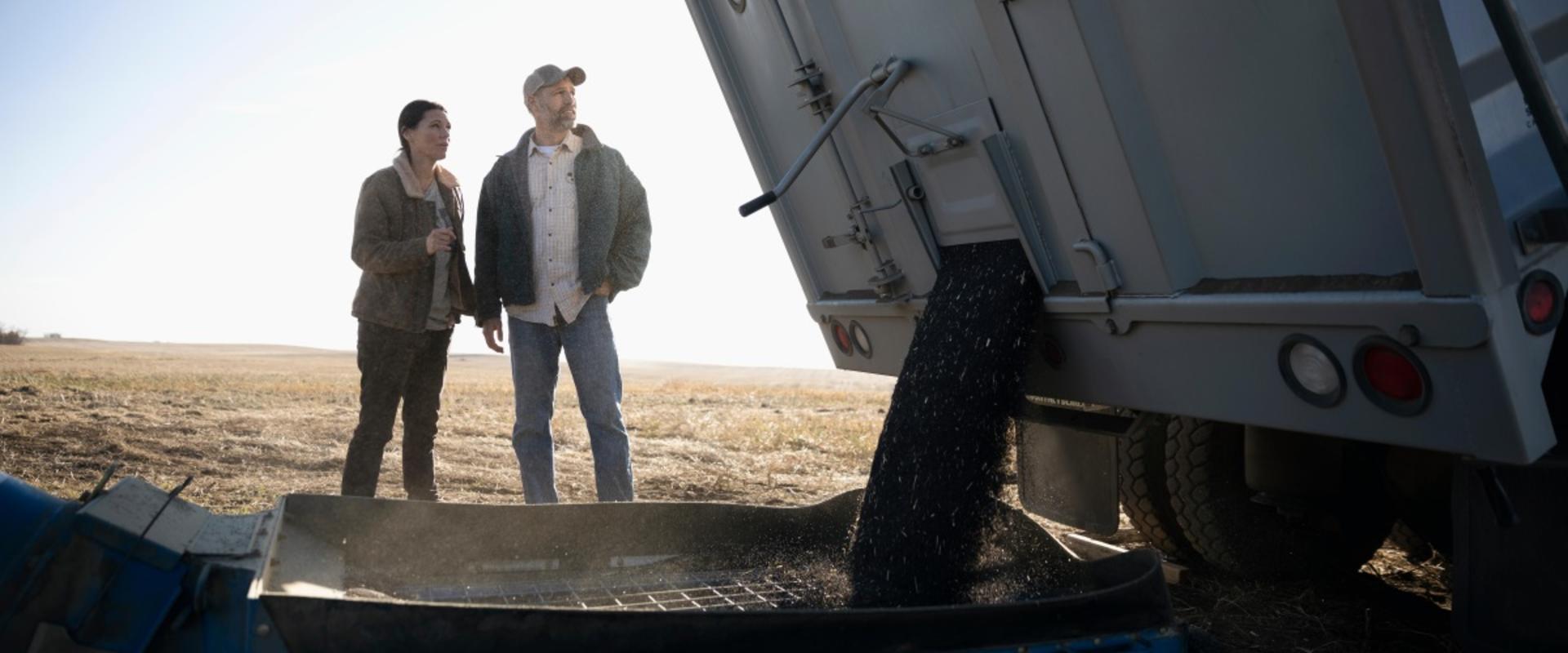The Government food strategy

The UK government, under the leadership of Boris Johnson, set out its blueprint for the future of the food industry in June 2022. The strategy outlines three core ambitions promises to back farmers, boost industry and ensure food security. But it's not clear, how high this will be on the new administration's agenda. But here we look at what was originally proposed.
The UK now has a once-in-a-lifetime opportunity to reshape the food system. The pandemic has created a momentum for change – in Government and in industry, as well as among the public…
The Government food strategy white paper, sets out key new measures to create a national food strategy. The government says it has accepted "the majority of recommendations" from Henry Dimbleby's independent review, promising policy initiatives to boost health, sustainability and accessibility of diets, and to secure food supply.
The aim of the strategy
When presenting the new strategy the Prime Minister and the Environment Secretary said they have high expectations of what it would deliver.
Prime Minister, Boris Johnson said: "Our food strategy sets out a blueprint for how we will back farmers, boost British industry and help protect people against the impacts of future economic shocks by safeguarding our food security.
"Harnessing new technologies and innovation, we will grow and eat more of our own food – unlocking jobs across the country and growing the economy, which in turn will ultimately help to reduce pressure on prices."
Environment Secretary, George Eustice said: "The food industry is bigger than the automotive and aerospace industries combined, offering employment opportunities, apprenticeships and investment in research and development.
"The strategy we are setting out today will increase the focus on skills in the food sector, and the roles and career pathways available. In particular, we will seek to boost our horticulture industry and ensure the expertise needed to develop the sector here in the UK."
So, what's in the strategy?
The White Paper sets out three key objectives:
- Objective 1: To deliver a prosperous agri-food and seafood sector that ensures a secure food supply in an unpredictable world and contributes to the levelling up agenda through good quality jobs around the country.
- Objective 2: To deliver a sustainable, nature positive, affordable food system that provides choice and access to high-quality products that support healthier and home-grown diets for all.
- Objective 3: To deliver export opportunities and consumer choice through imports, without compromising our regulatory standards for food, whether produced domestically or imported.
Plans for the food industry
To meet the outlined objectives the government intends to:
- propose that the public sector spends 50% of its food expenditure on food produced locally or on higher environmental production standards;
- consult on how to improve on and expand animal welfare labelling;
- launch an independent review to tackle labour shortages in the food supply chain;
- support a wide range of research and innovation issues, including alternative proteins and gene editing;
- consult on food waste reporting for larger businesses over a certain size;
- ensure British businesses are well placed to take advantage of the growing export opportunities available.
Plans for improving diets
The government promises to help:
- improve school food and build a strong food curriculum – this is a confirmation of what had been previously announced in the levelling-up white paper;
- undertake a programme of randomised control trials to develop a suite of evidence-based and value for money interventions to encourage and enable healthier and more sustainable diets;
- provide consumers with the information they need to make more sustainable, ethical and healthier food choices.


